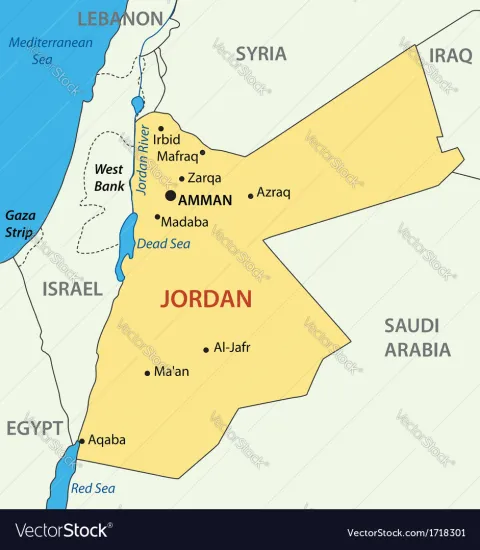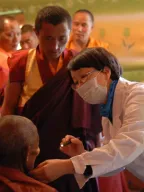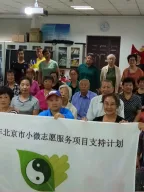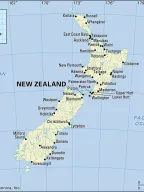
Volunteer-led peer-to-peer education in Jordan
by a core team of 5 youth members to facilitate the work of the networks’ volunteers. Gender equality is central to the aim and methodology of the network and guarantees an equal representation of males and females in planning and participation, while manuals and toolkits ensure that volunteers are given gender-sensitive training that address the specific needs of men and women.
Sexual and reproductive health and rights are not only important to SDG 3 (Good Health and Wellbeing), but also play a fundamental role in achieving SDG 5 on Gender Equality. Knowledge about SRHR is important to share at an early age so that young people can make healthy, informed choices about their bodies, relationships and have the power to influence their lives. By working through youth volunteers that follow the Y-Peer participatory methodology, Y-Peer Jordan can convey knowledge and awareness of SRHR to Jordanian youth on their own terms. Since Y-Peer training is made accessible to all youth, the network is represented by volunteers across most Jordanian communities, including in host communities and refugee camps, enabling SRHR education to reach youth from different backgrounds at scale. Evaluations of the network’s activities have also shown that Y-Peer volunteers have internalized new norms around SRHR, meaningful youth participation and gender equality into other areas of their lives, helping to model sustainable behavioral changes outside the scope of the network’s activities.
As a volunteer-led network, Y-PEER Jordan faces some administrative, capacity and legal challenges. In particular, government support is important to realize the objectives of the network but due to legal requirements, the network has had to go through partners to access this support. In 2019-2020, Y-Peer Jordan worked with an organizational development consultant, through a participatory process with Y-PEER members, to refine its vision and mission and create an organizational and legal umbrella. As a result of the reforms, the network has increased its legitimacy, efficiency and sustainability.








